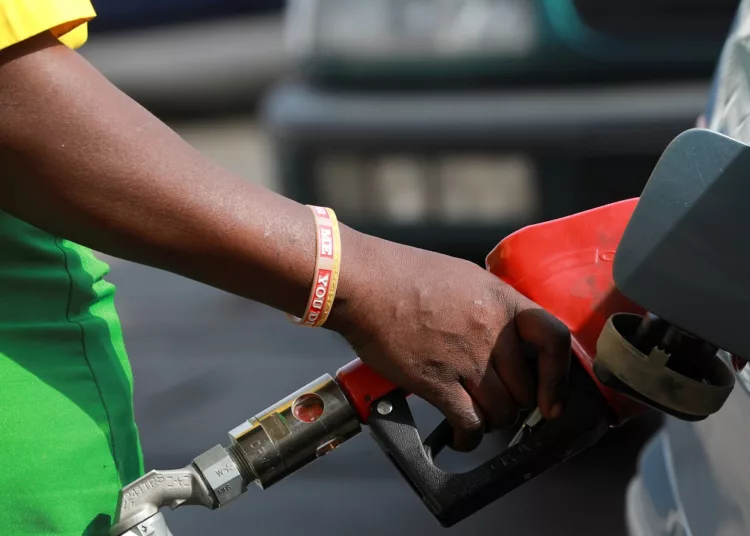As Africa is expected to be one of the key regions in terms of the global conventional refinery capacity additions, Nigeria has been seen as dominating that space.
The continent is expected to contribute about 23 per cent of the total global capacity additions by 2030.
According to ‘Projects Database’, GlobalData Oil and Gas, this growth is fueled by rising domestic energy demand, abundant untapped crude oil reserves, and substantial investments in refining infrastructure, particularly in key countries such as Nigeria and Angola.
Nigeria is set to dominate conventional refinery capacity additions in Africa, accounting for nearly 40 per cent of the region’s capacity additions by 2030. This can be attributed to the country’s vast crude oil reserves and strong government initiatives to boost domestic refining.
During the outlook period, 39 refineries are expected to come online in the country, of which more than 80 per cent are new-build projects. The majority are in the pre-construction stages, and only six refineries are currently in the construction stage.
New build projects are set to account for over 90 per cent of the country’s total capacity additions by 2030.
Among these, Bayelsa IV and Rivers II are major refinery projects with substantial capacity additions during the outlook period.
Aiteo Eastern E&P Co Ltd operates both refineries, while Aiteo Energy Resources Ltd is the 100 per cent equity owner.
Currently in the FEED stages, both projects are expected to commence operations in 2029, each with a capacity of 250,000 barrels per day (bpd). Akwa Ibom III, and Mashi are other major projects with significant capacity additions during the outlook period.
Angola follows Nigeria regarding refinery capacity additions, with nearly 815,000bpd of capacity expected to be added by 2030.
The country’s refinery landscape is led by new build projects, with four currently under construction.
Of these, Lobito is expected to add a significant capacity of 200,000bpd. Refinaria do Lobito SA is the operator, while Sonangol EP holds a 30 per cent equity in the project, which is expected to commence operations in 2027. Soyo, Cabinda Phase I and Namibe Phase I account for the remaining 158,000bpd of capacity during the outlook period.
Djibouti ranks third in terms of refinery capacity additions, with nearly 420,000bpd of capacity expected to be added by 2030. Damerjog II and Damerjog are the only new-build projects accounting for the entire capacity in the country.











